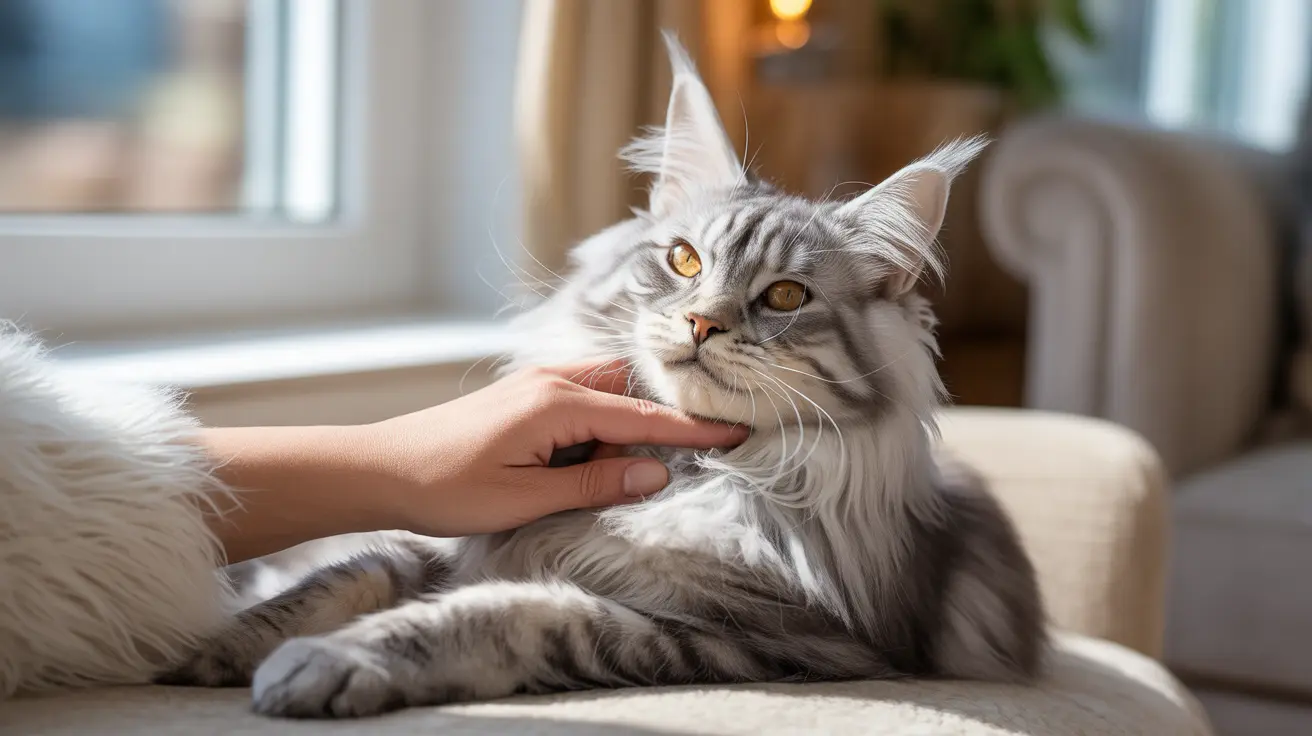The Affection Dilemma: Kissing Your Cat
As cat owners, we often want to shower our feline friends with affection, and kissing might seem like a natural way to express our love. However, the question "Can I kiss my cat?" requires careful consideration of both health and behavioral factors.
While the bond between humans and cats is special, veterinary experts recommend exercising caution when it comes to kissing cats, especially on the lips. Let's explore why this common display of affection might need a second thought and what safer alternatives exist.
Understanding the Health Risks
Potential Disease Transmission
Cats can carry various zoonotic diseases - infections that can pass from animals to humans. Even the cleanest indoor cats may harbor bacteria, parasites, or viruses in their mouths and on their fur that could potentially cause illness in humans.
- Bartonella henselae (cat scratch disease)
- Toxoplasmosis
- Parasitic infections (roundworms, hookworms)
- Bacterial infections from cat saliva
Who's Most at Risk?
While healthy adults generally have robust immune systems, certain groups should be especially careful about close contact with cats:
- Pregnant women
- Young children
- Elderly individuals
- People with compromised immune systems
- Those undergoing chemotherapy or immunosuppressive treatments
Safe Ways to Show Your Cat Affection
Instead of kissing your cat on the lips, consider these safer alternatives:
- Gentle head scratches
- Soft petting along their back
- Chin scratches (if your cat enjoys them)
- Slow blinking (a cat's way of showing trust)
- Speaking softly to your cat
Best Practices for Cat-Human Interaction
Maintaining Good Hygiene
To minimize health risks while maintaining a close bond with your cat:
- Wash hands thoroughly after handling your cat
- Keep your cat's living area clean
- Maintain regular veterinary check-ups
- Stay current with parasite prevention
- Practice good dental hygiene for both you and your cat
Reading Your Cat's Body Language
Not all cats appreciate close facial contact. Watch for signs that your cat is comfortable, such as:
- Purring
- Relaxed posture
- Slow blinking
- Staying in place voluntarily
Frequently Asked Questions
Is it safe to kiss my cat on the lips or mouth?
No, it's generally not recommended to kiss your cat on the lips or mouth due to the risk of disease transmission. Even healthy cats can carry bacteria and parasites that could be harmful to humans.
What health risks can I face from kissing my cat?
Potential risks include bacterial infections, parasitic infections like toxoplasmosis, cat scratch disease, and other zoonotic diseases that can pass from cats to humans.
How can I show affection to my cat without risking disease transmission?
Safe alternatives include petting, gentle head scratches, chin rubs, slow blinking, and speaking softly to your cat. These methods are both safer and often more appreciated by cats.
Who should avoid kissing cats due to health concerns?
Pregnant women, young children, elderly individuals, and people with compromised immune systems should avoid kissing cats and practice extra caution with close contact.
What hygiene practices reduce the risk of catching diseases from my cat?
Regular hand washing, keeping your cat's living area clean, maintaining regular veterinary check-ups, and staying current with parasite prevention are essential practices for reducing disease transmission risks.
Conclusion
While it's natural to want to show affection to your cat through kisses, it's important to prioritize both your health and your cat's comfort. By choosing safer alternatives and maintaining good hygiene practices, you can build a strong, loving bond with your feline friend without unnecessary health risks.
Remember, cats show and receive affection differently from humans, and respecting these differences while finding safe ways to express your love will lead to a healthier and happier relationship with your pet.






